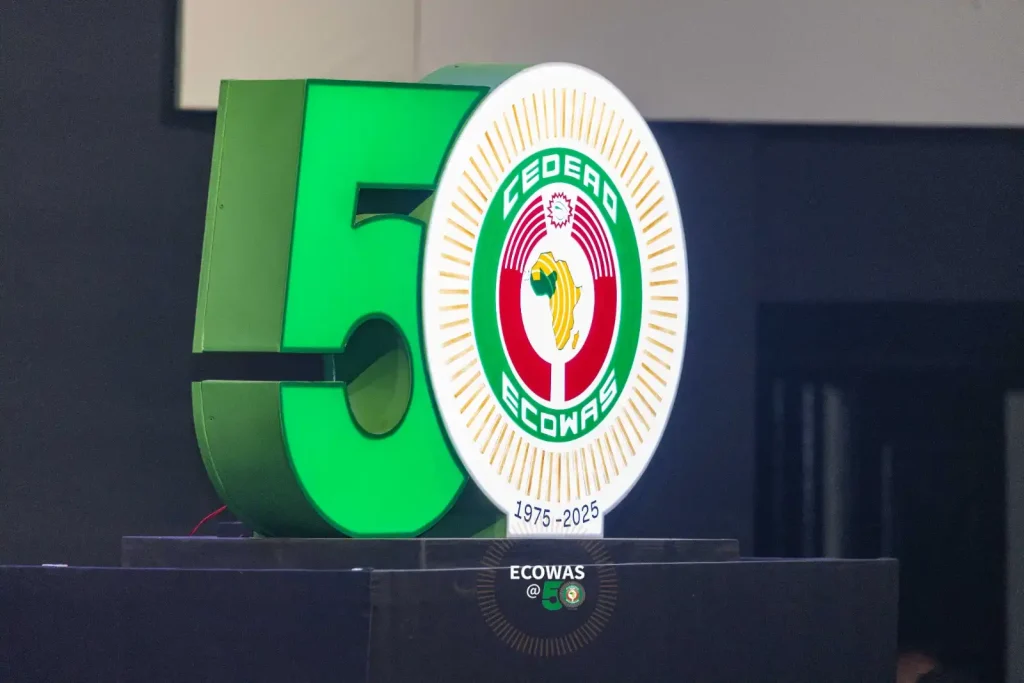On May 28, 1975, fifteen West African nations signed the Lagos Treaty, establishing the Economic Community of West African States (ECOWAS) in Lagos, Nigeria. Spearheaded by Togolese President Gnassingbé Eyadéma and Nigerian leader Yakubu Gowon.
The treaty, under the leadership of Liberia’s William Tubman, aimed to promote free movement of goods and people.
By 1990, ECOWAS eliminated personal identification requirements for cross-border travel, fostering regional integration.
Challenges with the Alliance of Sahel States
Despite its achievements, ECOWAS faces significant hurdles. In 2024, Mali, Burkina Faso, and Niger announced their withdrawal from the bloc, forming the Alliance of Sahel States (AES).
The AES severed ties with Western partners like the U.S. and France, turning to Russia for military support. The breakaway nations recently imposed a 0.5% import duty on ECOWAS goods, challenging the bloc’s free trade principles and straining relations.
ECOWAS’s Response and Future Steps
In response, ECOWAS outlined transitional guidelines to maintain policies like free trade and visa-free movement temporarily.
As discussions continue in Accra, member states are working to finalize measures and redefine ties with the AES nations. The bloc aims to preserve stability and cooperation across West Africa, despite growing tensions.
A Legacy of Cooperation Under Strain
ECOWAS 50-year journey has transformed West African trade and mobility, but the exit of Mali, Burkina Faso, and Niger tests its resilience.
The bloc’s commitment to unity faces challenges as the AES pursues divergent priorities. Ongoing talks in Accra will shape the future of regional cooperation, balancing economic integration with geopolitical shifts.























